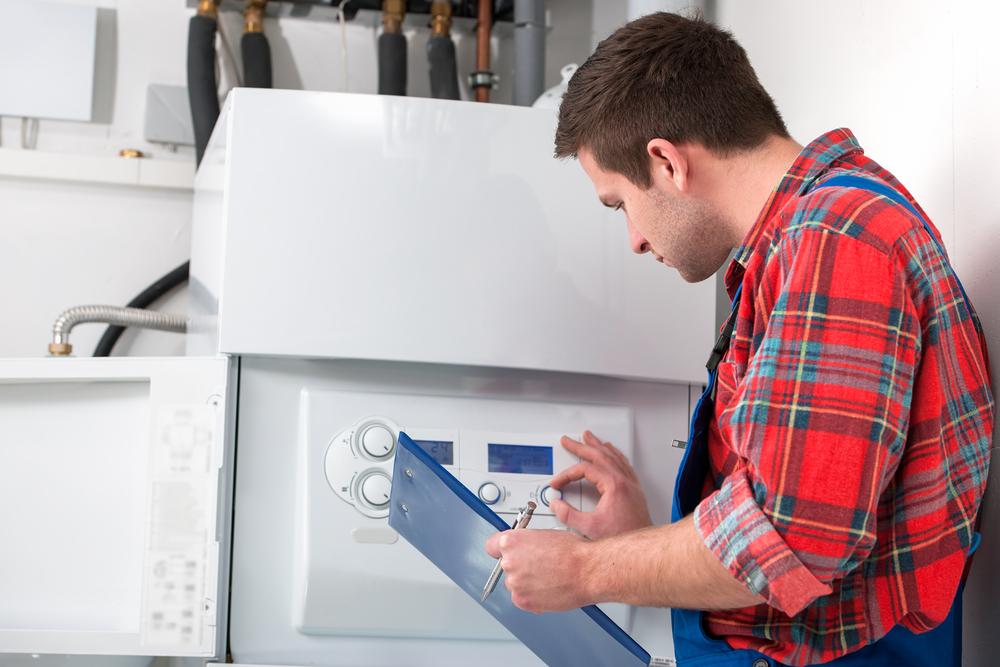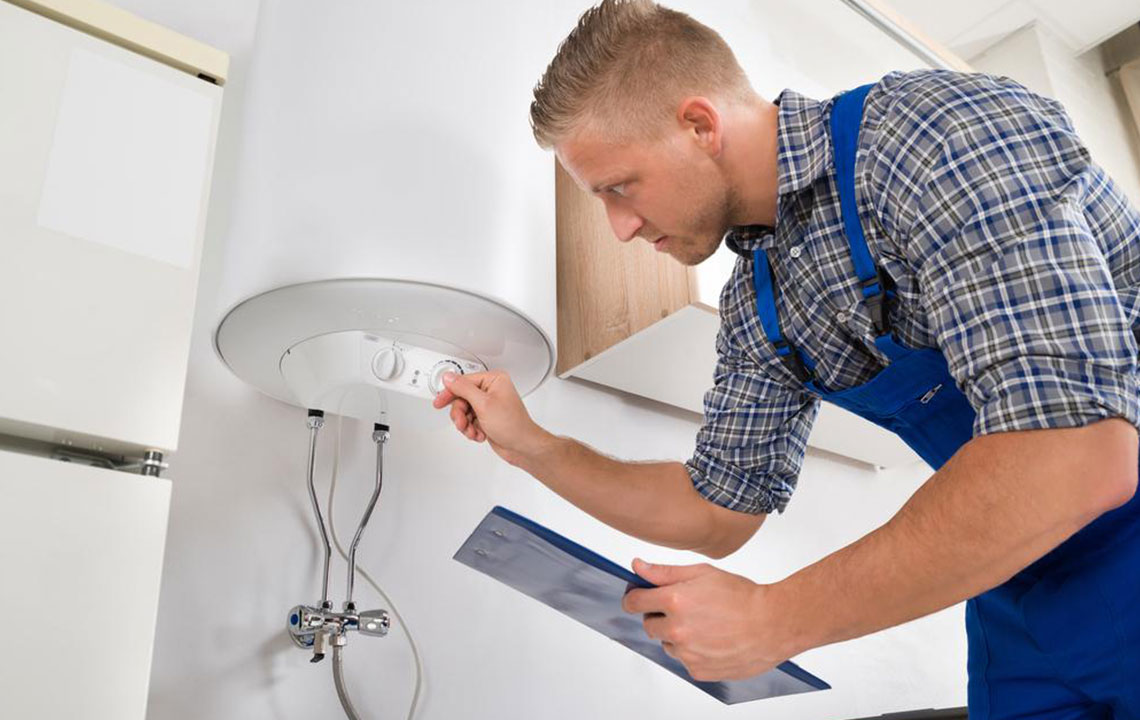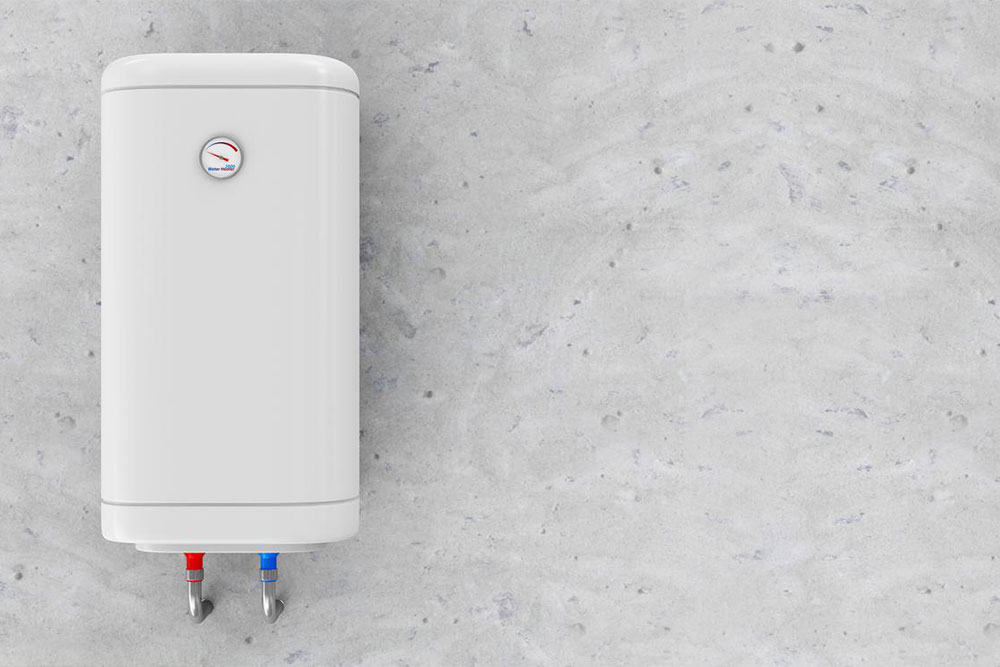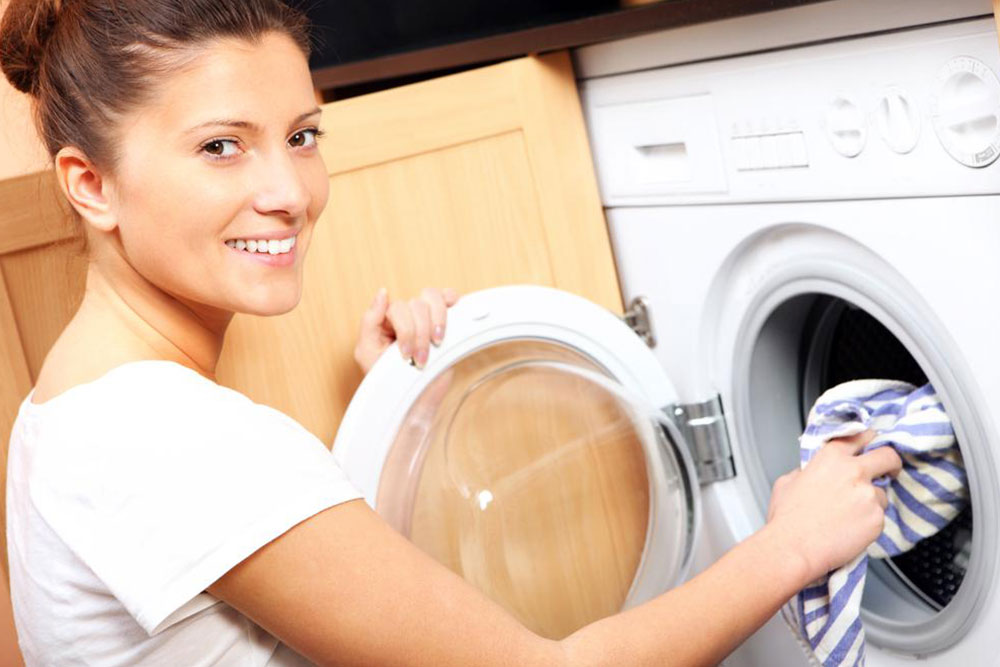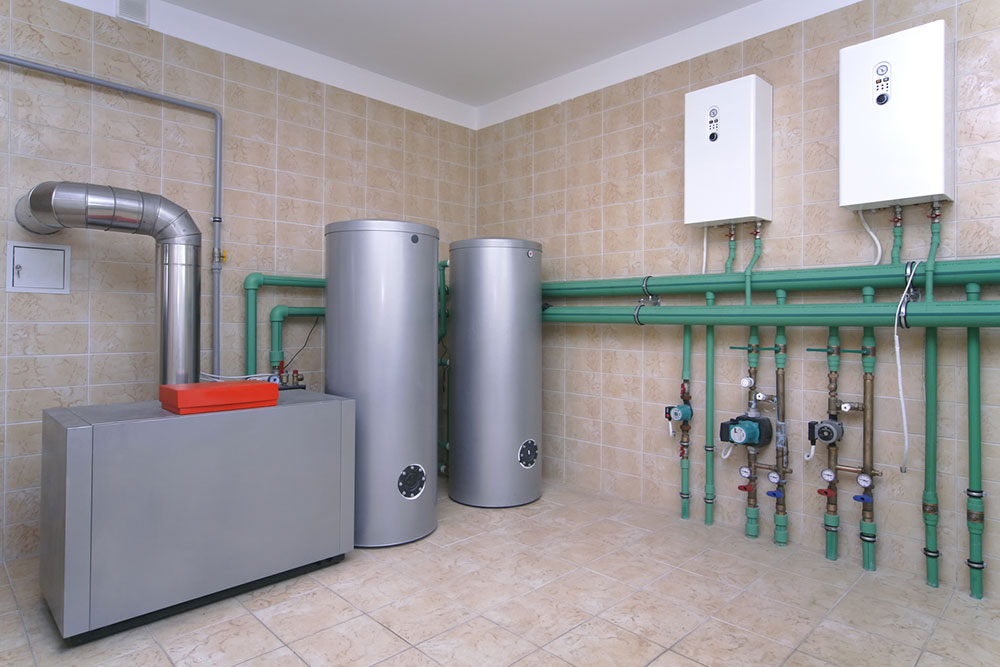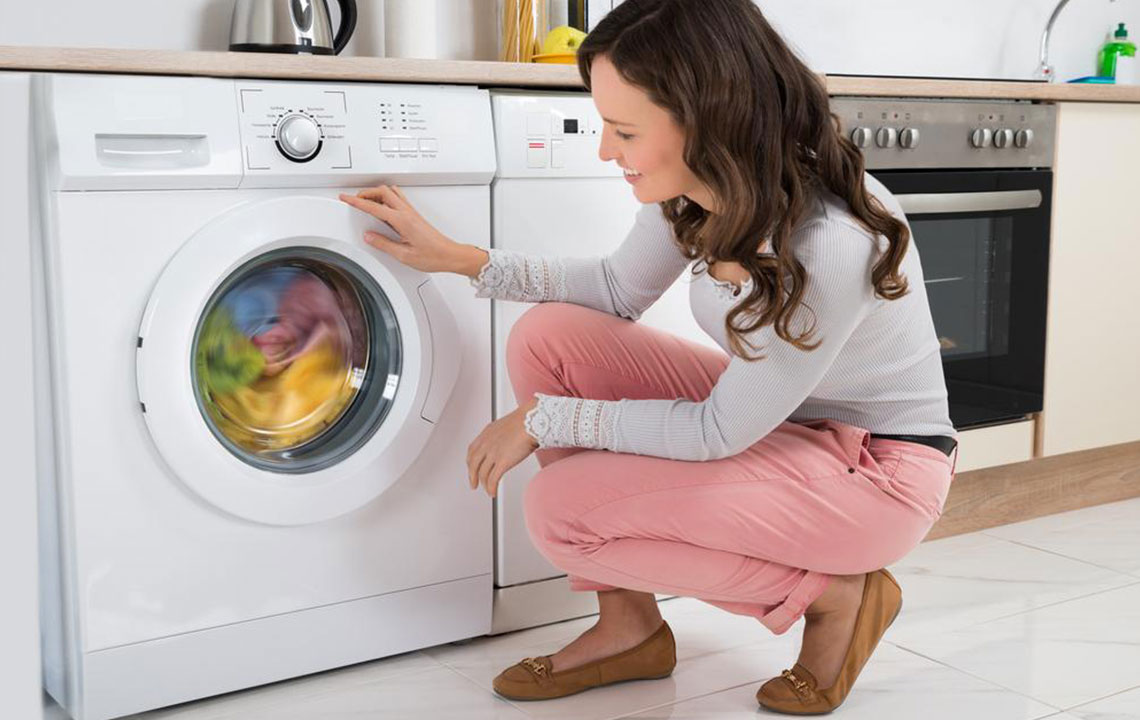Comprehensive Guide to Choosing the Perfect Water Heater for Your Home
This comprehensive guide provides essential tips for choosing the right water heater. From understanding different types like tank and tankless models to considering capacity, durability, energy efficiency, safety features, and water quality compatibility, it covers all critical factors. The article helps homeowners make informed decisions, ensuring reliable performance, long-term savings, and safety. Whether you are upgrading an old unit or installing one for the first time, these insights will help you select a water heater tailored to your household's needs, maximizing comfort and efficiency.
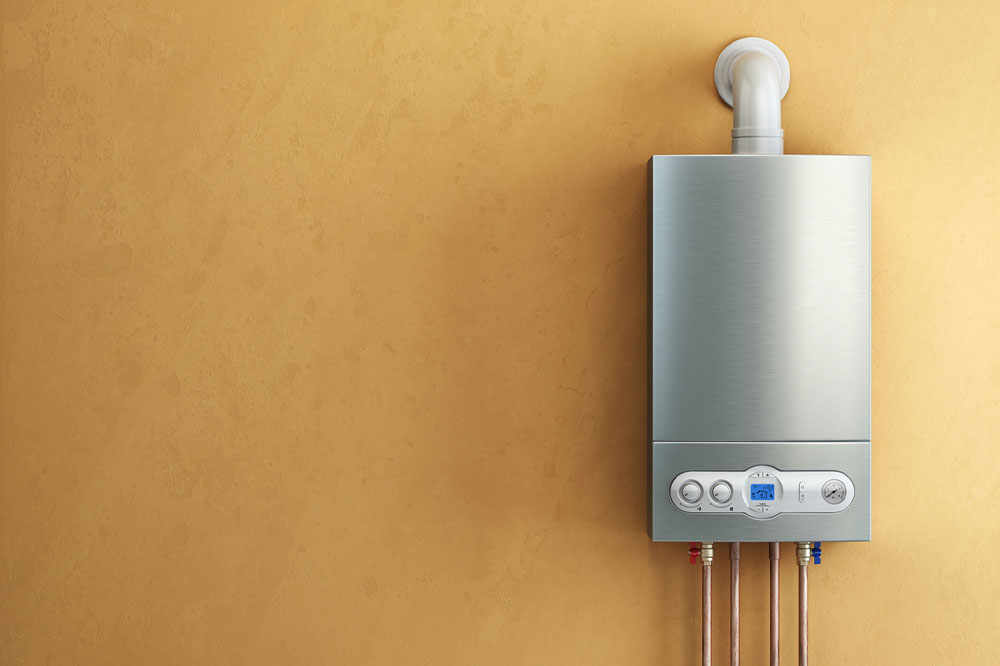
Comprehensive Guide to Choosing the Perfect Water Heater for Your Home
In today's modern households, having a reliable and efficient water heating system is essential. Especially during winter months, a dependable water heater ensures comfort and convenience for daily routines like bathing, laundry, and dishwashing. However, selecting the right water heater can be challenging due to the wide variety of options available on the market. Many consumers often make hurried decisions without conducting thorough research, leading to issues such as high energy bills, shortened appliance lifespan, or insufficient hot water. To avoid these problems, it’s crucial to understand the different types, features, and factors to consider before making your purchase. This comprehensive guide aims to illuminate all essential aspects, helping you choose a water heater that is durable, energy-efficient, and perfectly suited to your household needs.
Understanding Different Types of Water Heaters
The first step in selecting a water heater is understanding the two primary types: tank models and tankless models. Each comes with distinct features, advantages, and considerations that can influence your choice based on household size, water usage habits, and energy preferences.
Tank Water Heaters
Traditional tank water heaters are most common and recognized for their large storage capacity, typically ranging from 20 gallons to 80 gallons. These units store hot water in an insulated tank, making hot water readily available for multiple simultaneous uses, such as showers, dishwashing, and laundry. Their typical lifespan ranges from 8 to 12 years, depending on maintenance and water quality. They are suitable for larger families or households with high hot water demand. However, they tend to consume more energy because they continuously heat and maintain stored water, even when not in use.
Tankless Water Heaters
Also known as on-demand heaters, tankless models heat water only when you need it, which makes them highly efficient in energy consumption. They do not store hot water but heat it instantly as it flows through the unit, providing an endless supply of hot water for your household. With a lifespan that can reach up to 30 years, tankless water heaters are considered a long-term investment. While initial installation costs may be higher, the savings on energy bills and extended durability make them an attractive option, especially for smaller households or those looking to upgrade their existing system.
Choosing the Right Capacity for Your Household
Determining the appropriate capacity of a water heater is critical for ensuring sufficient hot water supply while optimizing energy usage. For households with fewer members, a smaller tank between 20-40 gallons may suffice, whereas larger families may require capacities exceeding 50 gallons. It is prudent to select a slightly larger unit than your current needs to accommodate peak usage times, such as mornings or weekends. Oversized tanks may lead to unnecessary energy expenses, but undersized units risk running out of hot water during busy periods. Consulting an HVAC professional or using online calculators based on household size and water usage can help identify the optimal capacity for your needs.
Assessing Tank Material & Durability
The longevity and performance of a water heater largely depend on the quality of its materials, especially the tank. Water with high mineral content, known as hard water, can cause corrosion and mineral buildup inside the tank, reducing its lifespan. Selecting a tank constructed from corrosion-resistant materials like stainless steel or enamel-coated steel can significantly prolong its durability. High-quality tanks with protective coatings resist rust and corrosion, providing reliable performance over many years. Reinforced tanks with thicker insulation also help maintain water temperature effectively while minimizing heat loss, which further enhances overall efficiency and lifespan.
Prioritizing Energy Efficiency
Energy efficiency is a key factor that impacts your monthly utility bills and environmental footprint. Modern water heaters come with star ratings or Energy Star certifications, indicating their energy performance. High-efficiency models use advanced insulation, better heating elements, and innovative designs to reduce electricity or gas consumption by up to 60%. When choosing a unit, evaluate its energy factor (EF) or uniform energy factor (UEF) ratings and compare them across brands. Additionally, consider installations that include features like heat traps or thermostatic controls, which help in maintaining optimal temperatures and reducing standby heat loss.
Safety Features and Standards
Safety should never be overlooked when selecting a water heater. Essential safety features include pressure relief valves, which prevent excessive pressure buildup inside the tank, thermal cut-off switches that shut down the heater in case of overheating, and vacuum release valves that prevent tank implosion. Ensuring the appliance complies with local safety regulations and standards is vital. Regular maintenance and inspections, along with choosing units from reputable manufacturers, can mitigate risks such as leaks, electrical faults, or explosions, providing peace of mind for your household.
Ease of Operation and User-Friendly Controls
A user-friendly interface can greatly enhance your experience with a water heater. Modern models often feature digital displays, LED indicators, and simplified controls that make temperature adjustments and diagnostics straightforward. Some units include smart connectivity, allowing remote monitoring and programming via smartphones. Quick heating functions enable faster recovery times, ensuring hot water is available when needed most. When assessing different models, prioritize those with intuitive controls and additional features that improve usability and convenience.
Compatibility with Water Quality
The quality of your water supply influences the performance and lifespan of your water heater. Hard water, which contains high mineral levels, can cause mineral deposits and scale buildup inside the tank and heating elements, impairing efficiency and increasing maintenance needs. If you have hard water, consider installing water softeners or selecting heaters designed to withstand mineral buildup. Regular flushing and maintenance are also crucial in prolonging the heater’s life and maintaining optimal performance.
Warranty and After-Sales Support
Extended warranties and reliable customer support are indicators of a manufacturer’s confidence in its product. Look for water heaters with warranties ranging from three to ten years, covering major components such as the tank and heating elements. A longer warranty period often reflects better quality and durability. Furthermore, choose brands known for responsive after-sales service, including prompt repairs and readily available replacement parts. This ensures that your investment remains protected and any issues can be resolved efficiently, maximizing the longevity and reliability of your water heater.
In summary, selecting the right water heater involves understanding your household’s specific hot water needs, evaluating different types and capacities, and prioritizing safety, energy efficiency, and durability. Conduct thorough research, compare brands, and consult professionals if necessary. A well-chosen water heater not only provides comfort and convenience but also offers significant savings on energy costs and peace of mind for years to come.
